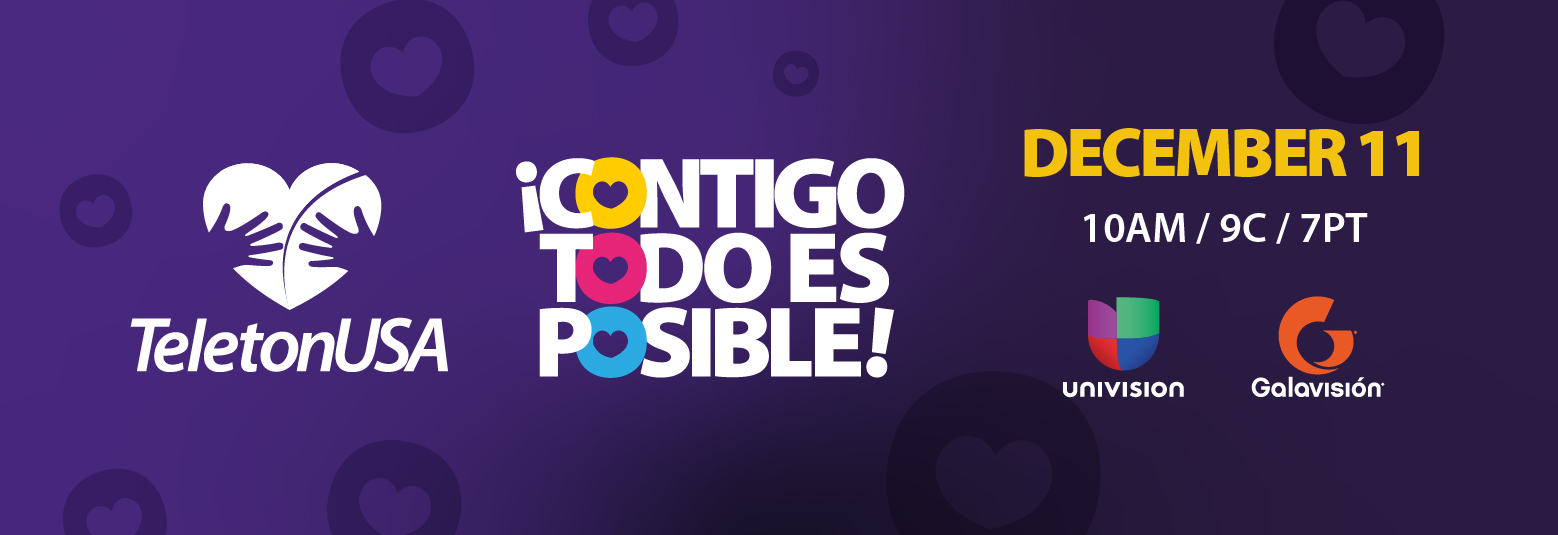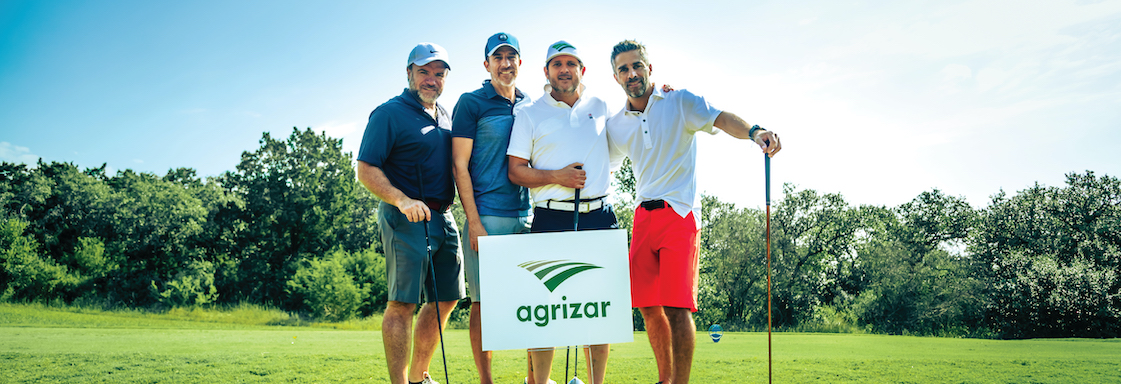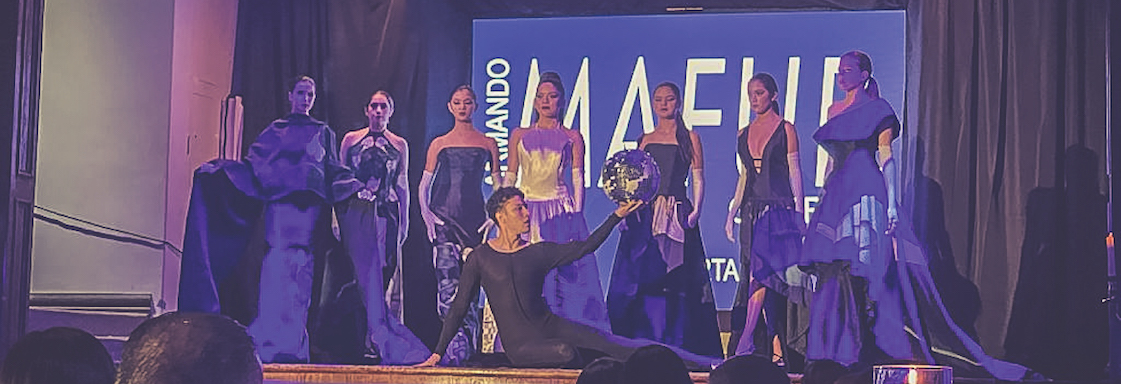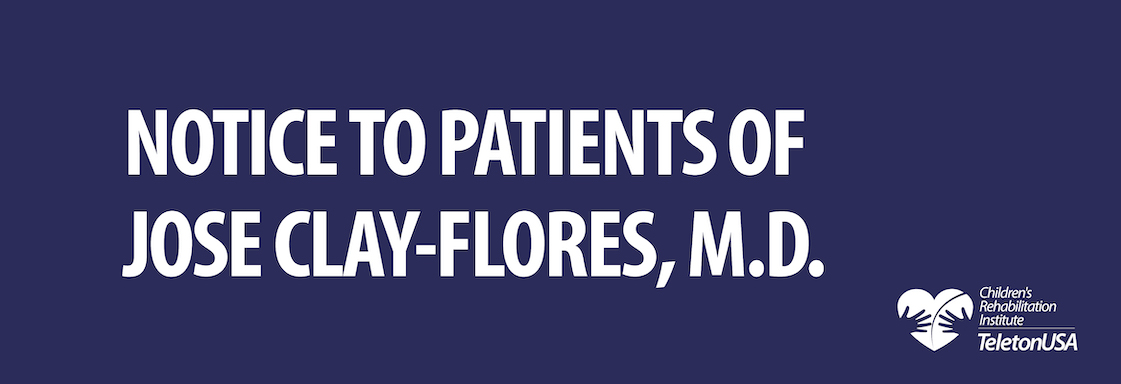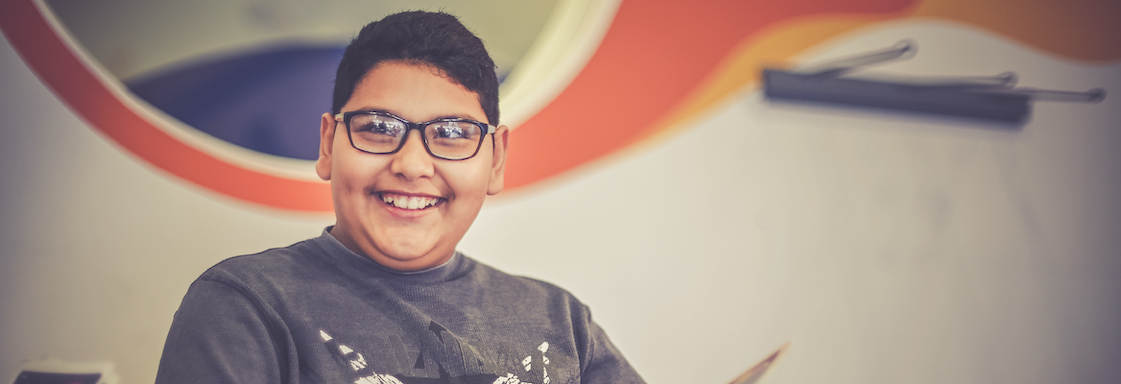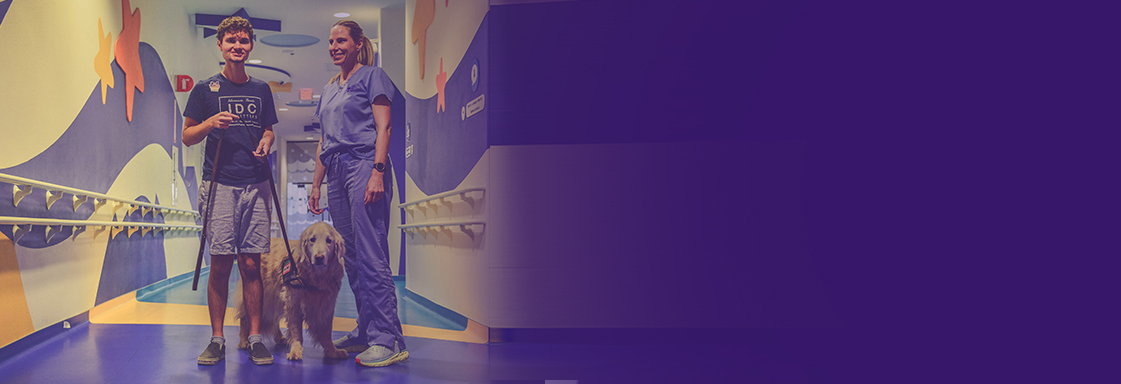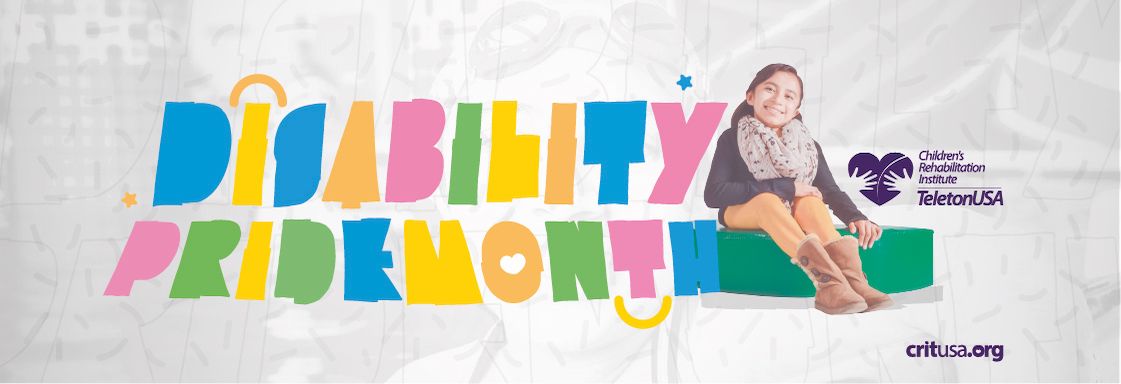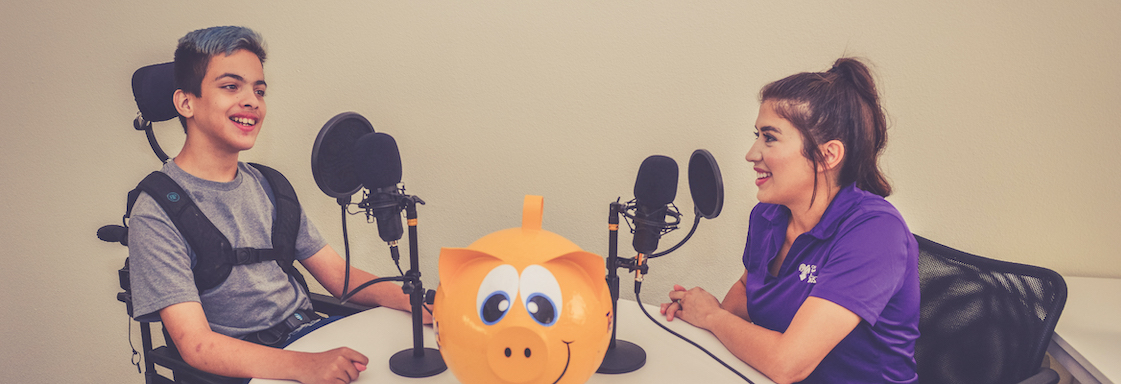CRIT’s mission is to celebrate the dignity of every individual serving children with disabilities and raise awareness to create a more inclusive world for everyone. As CRIT continues to grow and serve more families and children, our care continues to adapt as we use innovative technology to provide rehabilitation services for our patients.
The mission of our podcast is to serve families and the pediatric therapy community with knowledge, and education from a distance. We hope to provide insight to the pediatric rehabilitation world and continue to make the world for more inclusive for children with disabilities by sharing experiences from some of our very own patients and families.
Disclaimer: The information presented on this podcast is not intended to be used as medical advice. Please continue to follow the recommendations of your physician and/or other healthcare providers. Please refer to your physician prior to initiating any modifications to your current healthcare regimens.
Please contact us with any questions or concerns at podcast@critusa.org.
Episode 0: Welcome to The Re-Eval
Children’s Rehabilitation Institute TeletonUSA (CRIT) therapists bring you into the clinic, introducing you to what makes CRIT what it is.
Listen on Spotify here.
Listen on Apple Music here.
Episode 1: The Year of the Pandemic from Different Perspectives
Interviews include Doctor of Physical Therapy and tenured therapist Jose Ponce, about how COVID-19 changed therapy; Juan and Desiree, parents of Ryian, discussing pros and cons of Telemedicine with a toddler with Arthrogryposis Multiplex Congenita. Sammi and her mom Priscilla discussing the benefits of Telemedicine for their family while navigating Sammi’s diagnosis of Osteogenesis Imperfecta.
Listen on Spotify here.
Listen on Apple Music here.
Episode 2: Two Different Diagnosis with One Larger Mission
In October, we honored Rett’s Syndrome awareness by interviewing Olivia and Cruz, parents of Graciela. They share their experience with their child and what resources they have used to guide them through their journey as a family with special needs. Also, how you can get involved as a parent to make a difference in the disability community in the long run. Followed by Kimberley, Damian’s mom, discussing their journey at CRIT and navigating life with a 10-year-old with Spastic Quadriplegic Cerebral Palsy and how the community still has room to grow.
Listen on Spotify here.
Listen on Apple Music here.
Episode 3: Empowering Your Kids with Social Inclusion and Community Integration
Interviews include Certified Therapeutic Recreation Specialist, Natalie Klinsky discussing her role as a Recreational Therapist, and who may benefit from these services; 6-year-old Brooke and her mother, Natasha talking about how Recreational Therapy has helped them as a family.
After this, Berenice Escobedo, one of our Social Workers will explain how she provides community resources to our families to help navigate through their unique challenges that may arise as our patients transition into adulthood. Followed by Denny, one of our very own CRIT graduates, discussing the new stage in his life how he stays busy with community involvement.
Listen on Spotify here.
Listen on Apple Music here.
Episode 4: Occupational Therapy and Adaptive Switch Toys
In the month of April, we celebrated Occupational Therapists by introducing you to two of our very own. Rudy Cardenas and Natalie chat about what Occupational Therapy is, and the benefits of adaptive switch toys. Followed by Lucia, introducing us to her adventurous teenage daughter, also named Lucia, discussing the impact that an adaptive switch toy has made on her daily life with Spastic Quadriplegic Cerebral Palsy. While Rebecca Barry, better known as Becky, reviews the selection process of appropriate toys needed for this adaptive switch, factoring in patient’s likes, as well as how it has impacted patient progress.
Listen on Spotify here.
Listen on Apple Music here.
Episode 5: What is Prader Willi Syndrome?
We chat with a unique family from our clinic on this episode to bring awareness to Prader Willi Syndrome. We are joined by Gabriella and her son Pedrito, discussing what they have done to help Pedro make smart choices independently and the challenges that came with doing that. This followed by our Registered Dietician, Eva Nestor, explaining her role in educating families on how to create and follow a dietary plan and empower themselves when they are making these decisions on their own. For more information about the Prader Willi Syndrome, please visit www.pwsausa.org/resources/wseat.
Listen on Spotify here.
Listen on Apple Music here.
Episode 6: Let’s Talk About Speech Therapy
In May, we celebrated Better Speech and Hearing Month by interviewing one of our very own Speech-Language Pathologists, Lorena Aceves. Natalie will chat with her about what a Speech Therapist does, how her path led to Speech Therapy, and the schooling needed. She will also review what “The Big Nine” is and how she helps patients utilize different communication tools, including communication boards, and AAC devices, everything from low-technology to high-technology.
Listen on Spotify here.
Listen on Apple Music here.
Episode 7: What is Hippotherapy?
Today on the show, Natalie and Laura will discuss Hippotherapy, its benefits, and which diagnoses have benefitted from it. Laura will then chat with someone who has had first hand-experience with Hippotherapy, 12-year-old Hayden, on his perspective of his progress since starting back in 2017.
Reference: 1. Silkwood-Sherer DJ, Killian CB, Long TM, Martin KS. Hippotherapy – an intervention to habilitate balance deficits in children with movement disorders: a clinical trial. Phys Ther. 2012:92:707-717.
Listen on Spotify here.
Listen on Apple Music here.
Episode 8: The Imperfect Gift
In June, we celebrated Father’s day by interviewing super dad Rufus. He will guide us through what he and his wife went through when adopting Adira, making communication and openness a key component in their family relationship. He gives us insight on navigating life with a new daughter who also happens to have a disability. Lastly, he introduces us to his project, a podcast titled “The Imperfect Gift,” where he highlights the ups and downs of parenthood.
Listen on Spotify here.
Listen on Apple Music here.
Episode 9: What is Spinal Muscular Atrophy?
In August, we celebrate Spinal Muscular Atrophy Awareness Month. We interview the mother of Gabriel, Jenna, who shares their journey through Gabriel’s diagnosis of SMA. She takes us through finding a specialist to diagnose her son, clinical trials, and finding the treatment options for Gabriel and their family. She also mentions how education and advocating through community groups and other families with children with SMA help spread awareness.
Listen on Spotify here.
Listen on Apple Music here.
Episode 10: How Can a Genetic Counselor Help You?
As we continue to bring awareness to SMA and celebrate Spinal Muscular Atrophy Awareness Month, we interview Rebecca, one of our genetic counselors. Rebecca explains how genetic counselors help people and their families know how genes in family members carry diagnoses. She also describes how she helps families make the most informed decisions when navigating through their diagnoses. She also advocates how working ahead and knowing your gene history can help you and your family in the future.
Listen on Spotify here.
Listen on Apple Music here.
Episode 11: “We’re Kids First.”
In September, we celebrated Spinal Cord Injury Awareness Month. Natalie and Laura interviewed Zivanna and Moises, patients from CRIT, who shared their journey with this condition. They talked about their future goals, and how they want to change how people on a wheelchair are viewed.
Listen on Spotify here.
Listen on Apple Music here.
Episode 12: Knowledge is Power
In this episode, Brooke Matula, Director of Recreational Therapy at Morgan’s Wonderland, joins us. She dives into the mission of one of the most inclusive theme parks, Morgan’s Wonderland. She also discusses what Universal Design is and how we can inspire the San Antonio community to be inclusive.
Listen on Spotify here.
Listen on Apple Music here.
Episode 13: The Art of Giving Back
So many organizations rely on volunteers. In this episode, we discuss why our volunteers help make CRIT so special. We interview Alma Gonzalez, Heroes for CRIT Ambassador, and we discuss how her contributions spread awareness for our patients and families. Alma then explains the importance of giving back to the community without expecting anything in return.
Listen on Spotify here.
Listen on Apple Music here.
Episode 14: The Magic Behind the TeletonUSA Event
In this episode, we discuss the TeletonUSA Event and how it supports CRIT’s mission, values, and day-to-day operation. Laura and Natalie interviewed Cristina Prieto, TeletonUSA Foundation’s Corporate Sponsorship Officer, to learn about all of the preparation, hard work, and magic that goes into putting on this nationally broadcast telethon event. She discusses how the passion of everyone involved makes TeletonUSA a success year after year and what this year’s event will look like on December 11.
Listen on Spotify here.
Listen on Apple Music here.
Episode 15: Counseling Awareness Month
In April, we celebrated Counseling Awareness month by interviewing our licensed professional counselor, Leticia Cavazos. She tells us about her journey to becoming a counselor, how she navigates the most recent COVID-19 pandemic, and how to prioritize your mental health.
Listen on Spotify here.
Listen on Apple Music here.
Episode 16: Tiny Superhero
In this episode, Laura interviews Ally, the grandmother of CRIT patient, Krestalenn, to discuss the car accident that led her granddaughter to CRIT. She explains how Krestalenn pushes herself through therapies and achieves success with her charismatic personality. Ally brings awareness to the effects of drunk driving and how to persevere despite adversity.
Listen on Spotify here.
Listen on Apple Music here.

